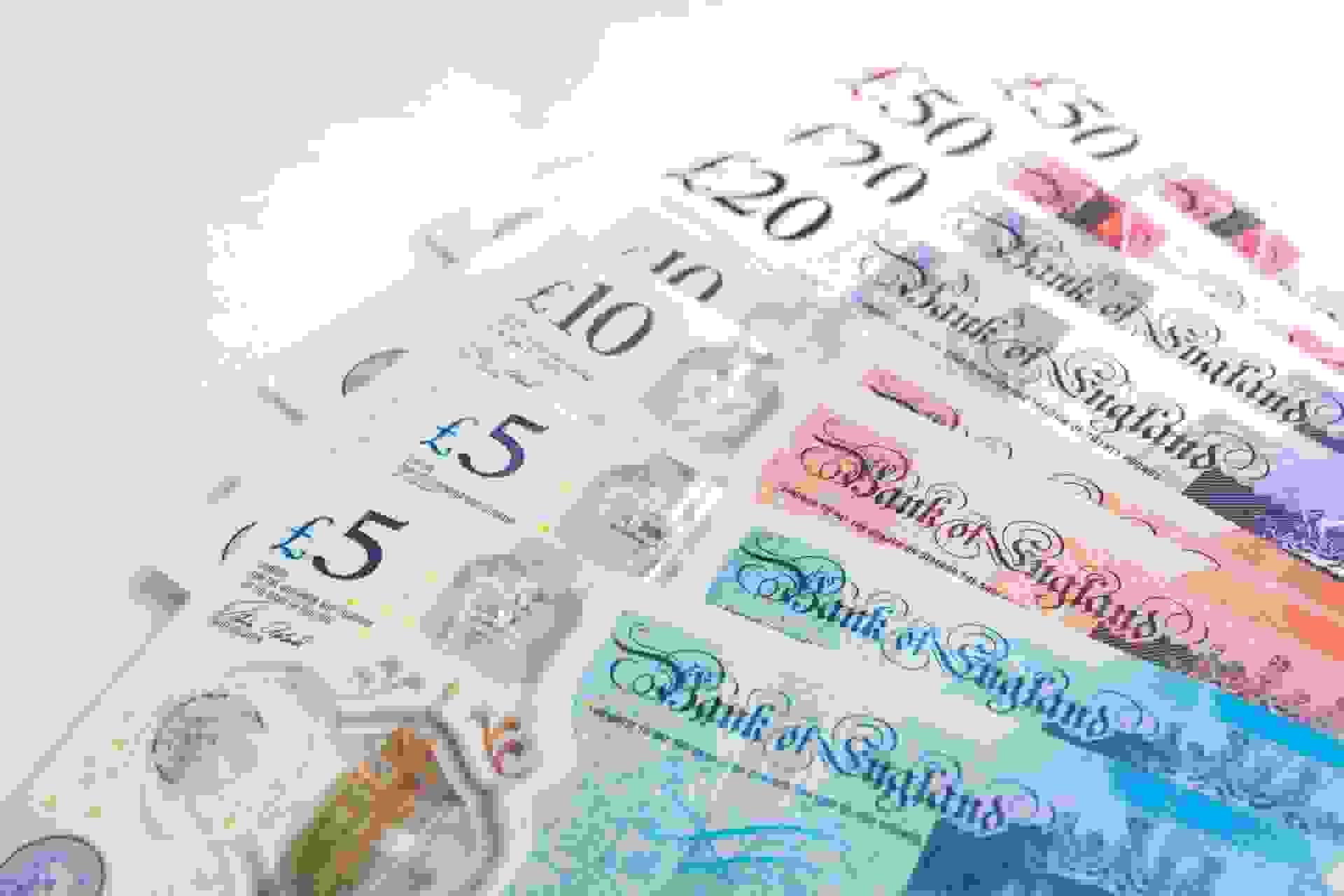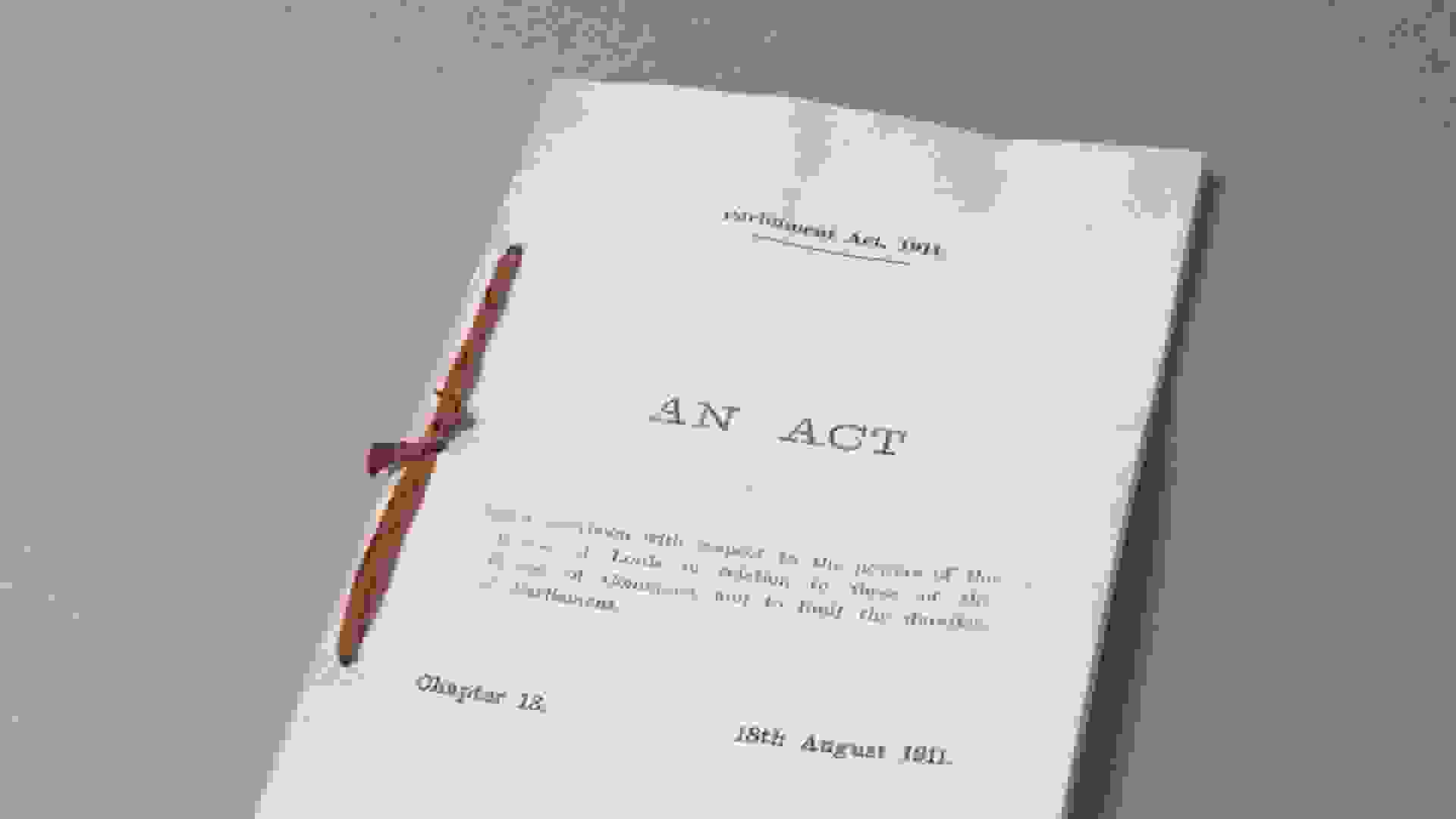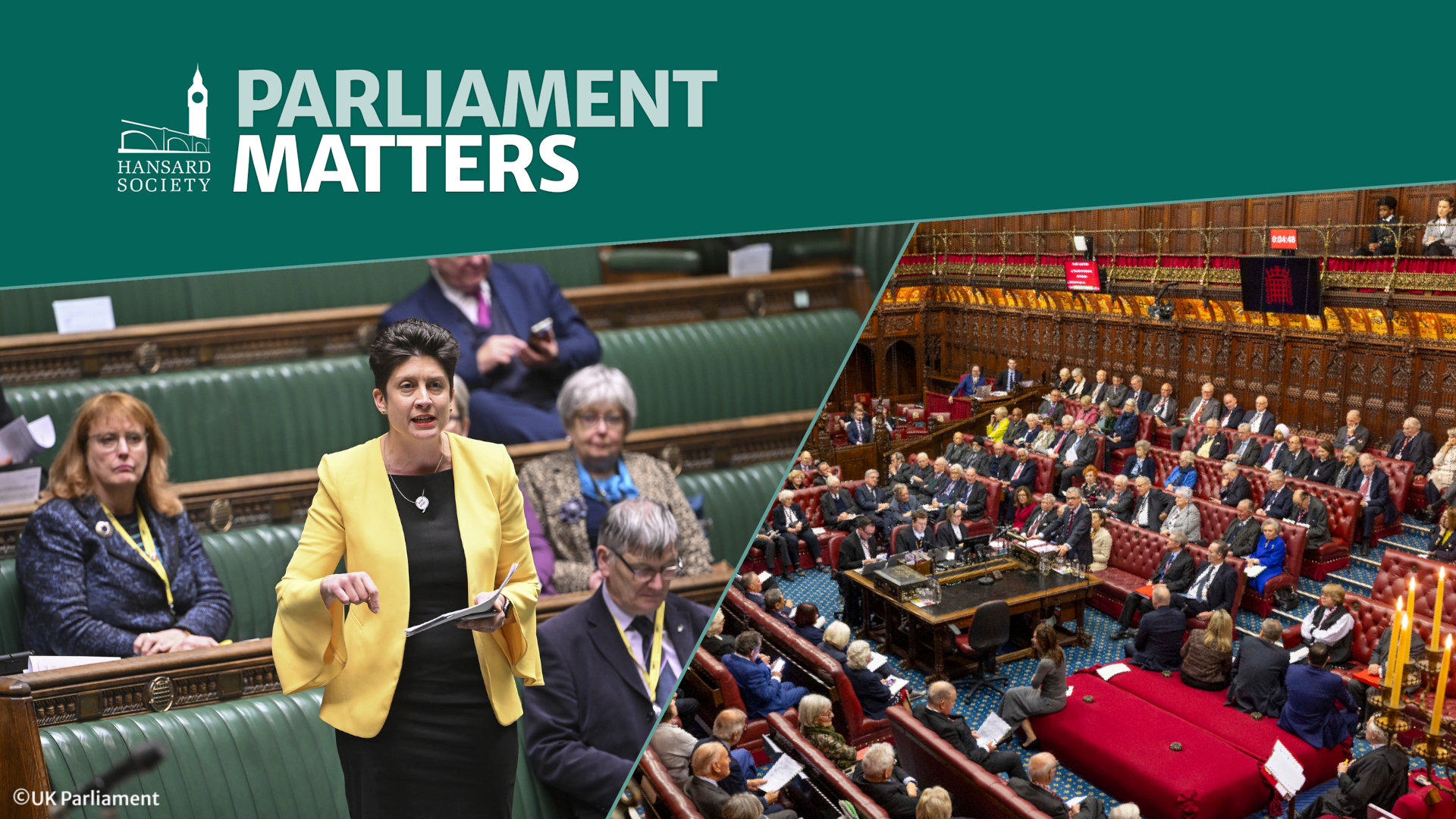Guides / What is a Money Bill?
A Money Bill is a public bill which in the opinion of the Speaker of the House of Commons contains only provisions dealing with national taxation, public money or loans. If a bill is certified as a Money Bill by the Speaker, and is passed by the House of Commons, it will become law after one month, with or without the approval of the House of Lords.







